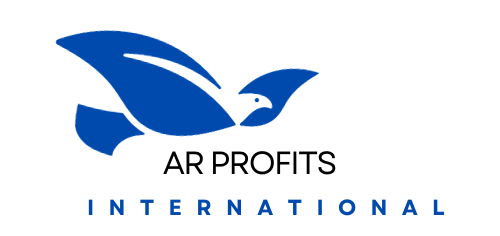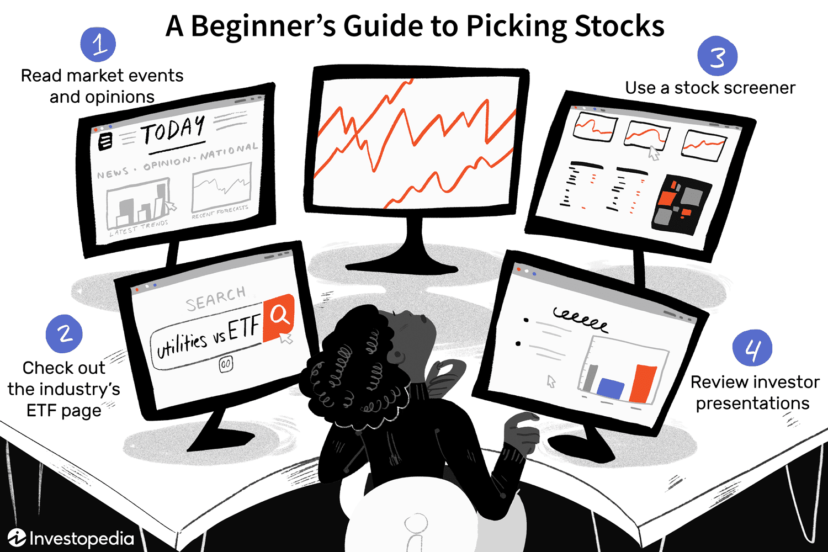Best Sources for investors to find valuable information about Stocks and Derivatives
When it comes to making informed decisions about investing in stocks and derivatives, accessing reliable and up-to-date information is crucial. Here are some of the best sources for investors to find valuable information about stocks and derivatives:
1. Financial News Websites
Websites like Bloomberg, CNBC and Reuters provide comprehensive coverage of financial markets, including news, analysis and commentary on stocks and derivatives. These platforms offer real-time updates and insights from industry experts, making them valuable sources for investors seeking timely information.
2. Financial Publications
Magazines and newspapers such as The Wall Street Journal, Barron’s and Financial Times offer in-depth coverage of market trends, company performance and economic developments. Subscribing to these publications can provide investors with valuable insights and analysis from reputable financial journalists and analysts.
3. Investment Research Platforms
Websites like MarketWatch, Morningstar and Seeking Alpha offer investment research reports, stock analysis tools and investment ideas from professional investors and analysts. These platforms provide investors with access to a wealth of information, including company profiles, financial statements and market forecasts.
4. Online Forums and Communities
Online forums and communities such as Reddit’s / investing and StockTwits allow investors to discuss stocks and derivatives, share investment strategies and exchange ideas with fellow traders. While these platforms can provide valuable insights and perspectives, investors should exercise caution and conduct thorough research before making investment decisions based on user-generated content.
5. Subscription Services
Some investors may choose to subscribe to newsletters or advisory services offered by successful Wall Street professionals or financial analysts. These subscription services typically provide investment recommendations, market insights and trading strategies tailored to subscribers’ needs and investment goals.
Recommendations for Making Informed Decisions
When evaluating sources for investment information, consider the following factors:
- Credibility and Reputation: Choose sources with a proven track record of providing accurate and reliable information.
- Depth of Coverage: Look for sources that offer comprehensive coverage of stocks and derivatives, including analysis of market trends, company fundamentals and macroeconomic factors.
- Timeliness: Access to real-time or timely information is essential for making informed investment decisions, so prioritize sources that provide up-to-date news and analysis.
- Transparency: Seek out sources that disclose potential conflicts of interest and provide transparent analysis and commentary.
- Diversification of Information: Consider using multiple sources to cross-reference information and gain different perspectives on the same topic.
Conclusion
Decision-making requires access to reliable and reputable sources of information about stocks and derivatives. By leveraging a combination of financial news websites, publications, investment research platforms, online forums and subscription services, investors can stay informed about stocks and derivatives and make well-informed investment decisions aligned with their financial goals and risk tolerance.
Geopolitical and Economic Considerations in Investing
When investing in stocks and derivatives, it’s essential to consider the broader geopolitical and worldwide economic backgrounds and situations. As a private individual interested in this topic, there are several key factors to be aware of:
1. Geopolitical Stability
Political instability, conflicts and geopolitical tensions can impact global markets and investor sentiment. Keep an eye on developments such as trade disputes, diplomatic relations and geopolitical hotspots, as they can affect market volatility and investment opportunities.
2. Economic Indicators
Monitor key economic indicators such as GDP growth, inflation rates, interest rates and unemployment figures in major economies. These indicators provide insights into the overall health of the global economy and can influence investment decisions.
3. Market Sentiment
Investor sentiment plays a significant role in market fluctuations. Pay attention to market sentiment indicators, investor surveys and sentiment analysis tools to gauge market sentiment and identify potential investment opportunities.
4. Industry Trends
Identify industries with increasing potential by analyzing market trends, technological advancements and consumer behavior. Consider sectors such as technology, healthcare, renewable energy and e-commerce, which may offer promising growth opportunities in the long term.
5. Stock vs. ETF Investments
Consider your risk tolerance and investment goals when deciding between individual stocks and ETFs. Stocks of technology companies may offer growth potential but also come with higher volatility and risk. ETFs provide diversification and lower risk exposure but may offer more moderate returns.
6. Investment Horizon
Determine your investment horizon, whether short-term, medium-term or long-term, based on your financial goals and risk tolerance. Short-term investors may seek high returns in a short period but are exposed to higher volatility, while long-term investors may prioritize capital preservation and steady growth over time.
7. Risk Management
Regardless of your investment horizon, prioritize risk management and diversification to mitigate potential losses. Spread your investments across different asset classes, industries and geographic regions to reduce concentration risk and protect your portfolio against market downturns.
Conclusion
Investing in stocks and derivatives requires careful consideration of geopolitical and economic factors, industry trends, investment horizon, and risk tolerance. By staying informed about global developments, analyzing market trends, and aligning investment decisions with your financial goals, you can navigate the complexities of the financial markets and build a diversified investment portfolio tailored to your needs and preferences.




